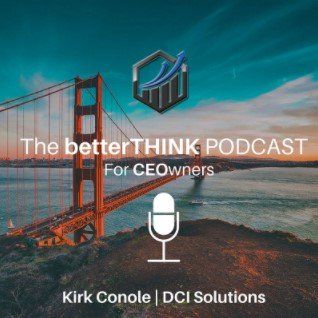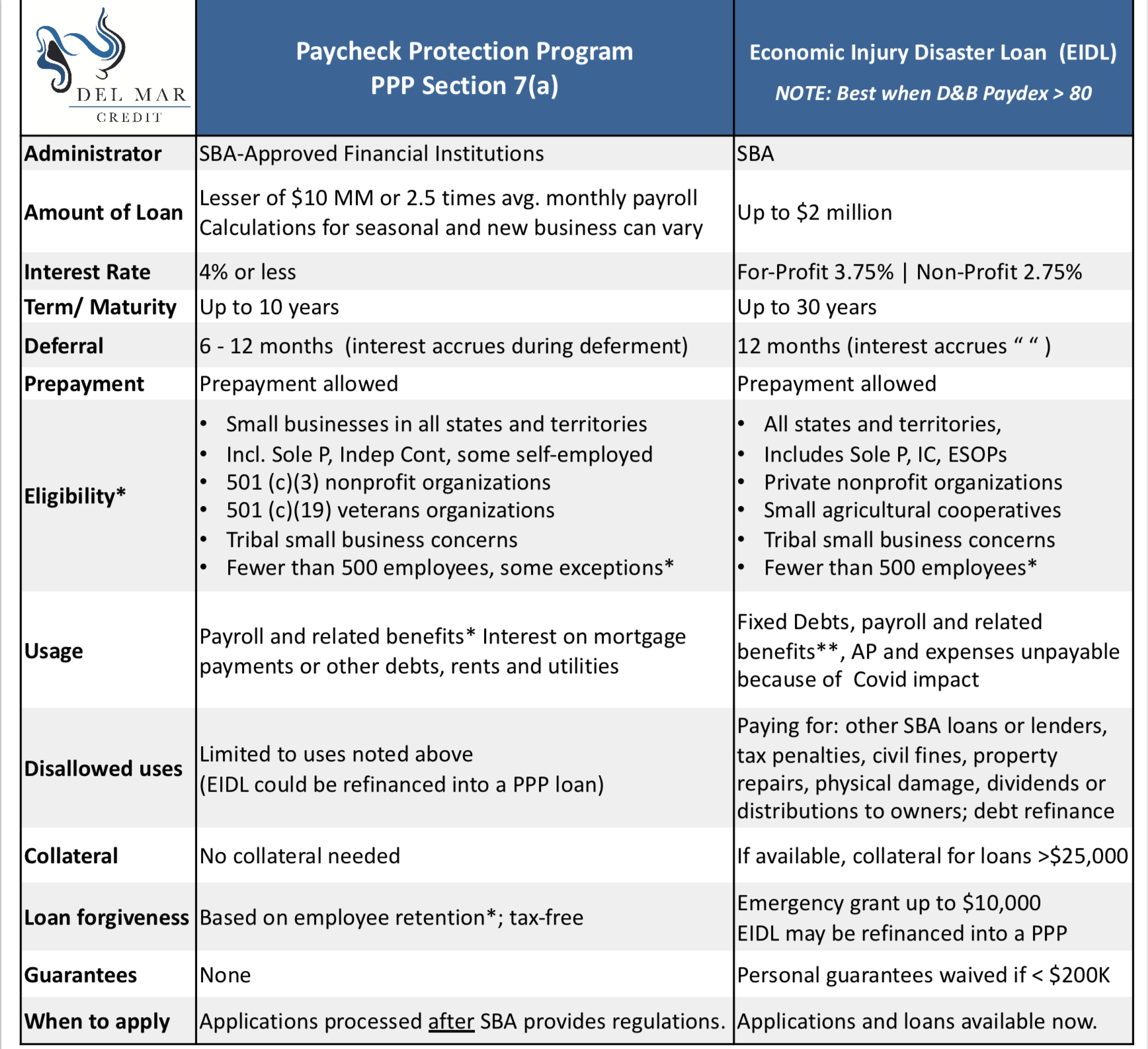Becoming Elite with Healthcare

Becoming Elite with Healthcare
BY KIRK CONOLE AND BRUCE RAYMOND WRIGHT
If you could see a
ranking of business owners and executives who best control healthcare costs and
then designate the “top 1%,” you would have to include Susan, the owner of a
retail chain in the Midwest.
Susan is a “one percenter” in controlling healthcare costs for three reasons:
1) She commits to thinking rationally about healthcare.
100% of rational, fact-driven business owners and
executives tend not to view healthcare costs with the same rational approach
they apply to other significant expenses.
Unlike other
expenses, health insurance directly affects employees who are seldom educated
adequately on how win/win scenarios can benefit both employee and employer at
the same time. Usually the employee expects the employer to have the best
answers but the employer is under-resourced and assumes that a commissioned
sales person, the health insurance broker, will be able to figure it out with
input from the HR department. The HR department is motivated to have all
employees happy and not complaining. HR is also motivated to show costs are not
escalating dramatically year over year. All brokers want to keep the client and
most want to keep the current level of commission – a motivation that too often
automatically separates the broker’s interests from the client’s.
“Some owners see a
broker the way tribal villagers see the village shaman,” Susan shared with me.
“He’s the guy who interprets the dark secrets, and saves the employees who
wholly trust him alone to deal with the things they don’t understand. This gives
employees a sense of safety and security.” After gaining a full understanding
of healthcare costs without the “help” of her previous retail broker, Susan had
an interesting way of dealing with that broker. “I threw him off the porch,” she
said.
2) She has owner/HR alignment.
Both Susan and her HR department must: a) share an objective understanding
of all healthcare cost drivers, and b) master the best alternatives for
reducing costs. Their ability to be fully engaged and aligned, which is more
than mere agreement, is the second factor that makes Susan a member of the one
percent. We aren’t suggesting they must do all of this on their own. They can
rely on the truly UNBIASED insight and ongoing support of DCI.
3) Her total cost puts her in the one percent.
The total cost of healthcare is more than just the premium amounts. The true
cost of healthcare is:
TOTAL PREMIUMS FOR
THE EMPLOYEE ONLY (EMPLOYER & EMPLOYEE SHARE)
PLUS
ALL ADDITIONAL PREMIUMS
PAID BY EMPLOEE OR EMPLOYER TO COVER DEPENDENTS
PLUS
ALL DEDUCTIBLES AND
COPAYS PAID BY THE EMPLOYER AND THE EMPLOYEE.
Add up those three
component numbers then divide the sum by the total number of employees in your
plan. What do you get?
For companies in the bottom 50% of cost-efficiency, this
number will be greater than
$12,000 per employee per year (PEPY).
For companies in
the top 50%, this number may be closer to $8,000 PEPY.
One
percenters like Susan are well under $5,000 PEPY.
If you don’t already
know your full cost on a PEPY basis, do the math yourself now or call DCI to
perform the math with zero bias. It might be true that no one besides your
retail broker could possibly reduce costs any lower and without sacrificing
quality, but why risk it?
Before your company
commits to another year of unnecessarily high costs, contact DCI. Our
solutions and strategies do not require you to switch brokers or networks and
you don’t have to reduce coverage or increase employee deductibles. Our
analyses give you the insight and power to be a one percenter!
info@dcisolutions.net
| (888) 395-0809
CONTACT US
Note: Your details are kept strictly confidential as per our Privacy Policy
DCI Solutions | All Rights Reserved | Terms of Service
Created by Olive + Ash.
Managed by Olive Street Design.








